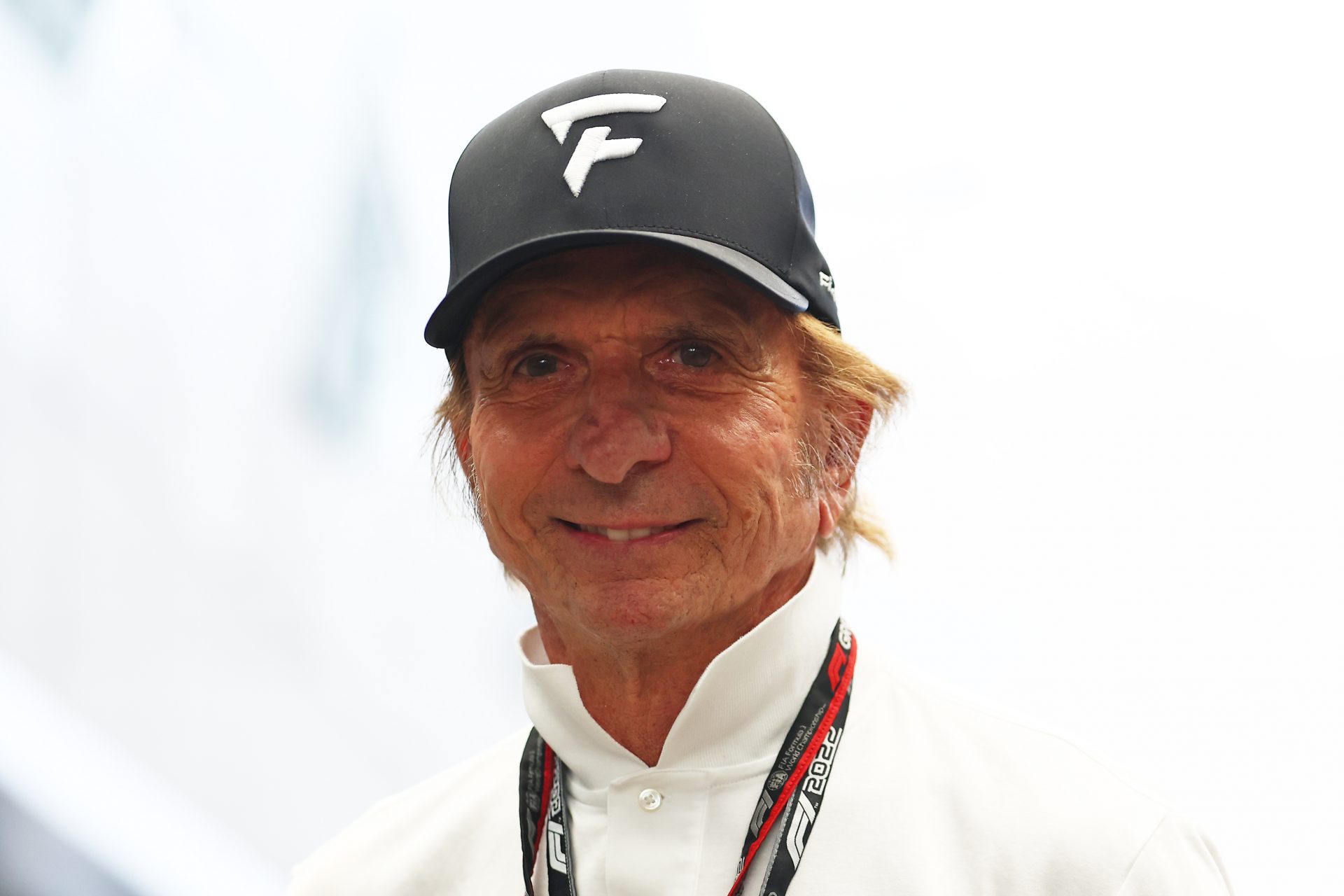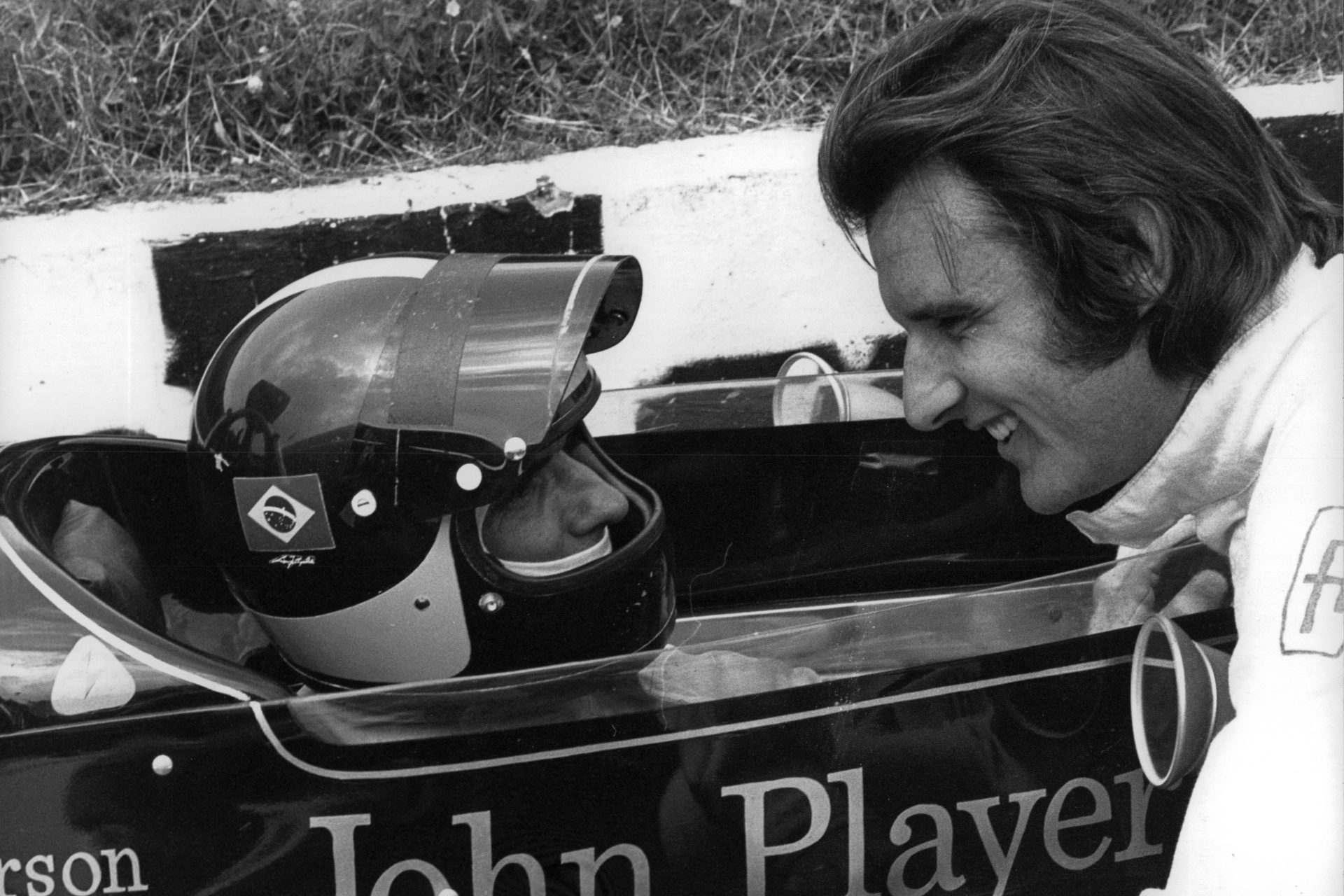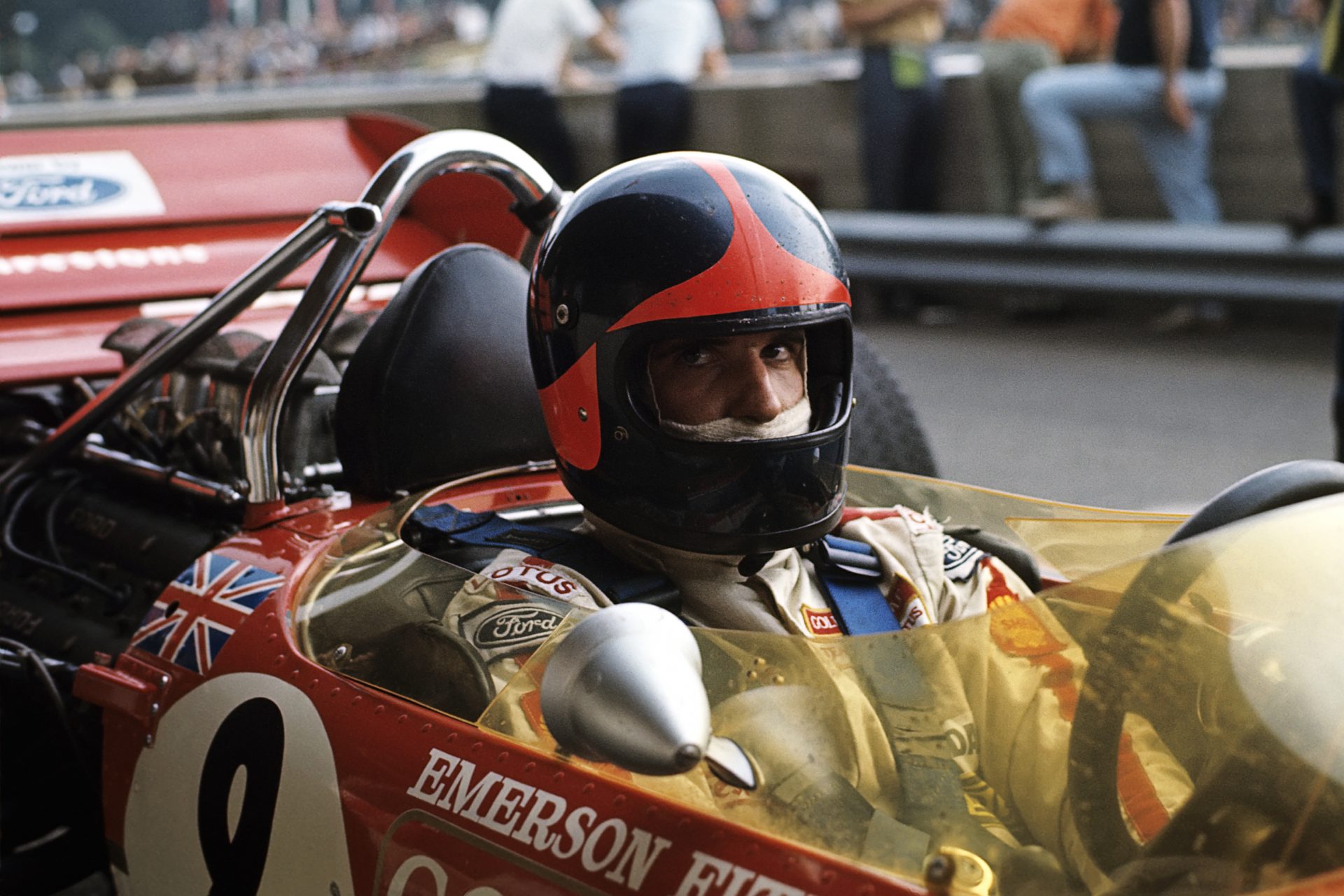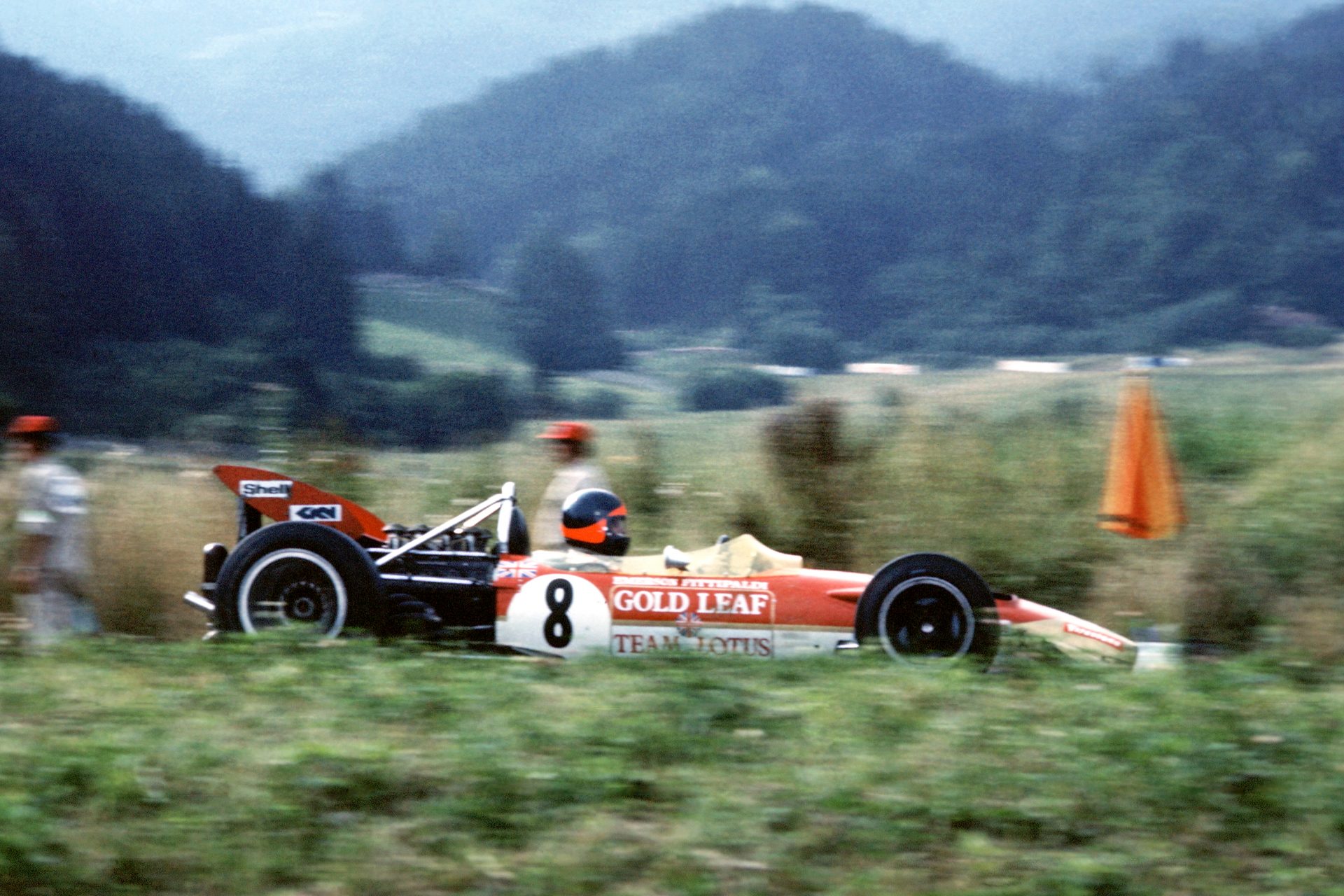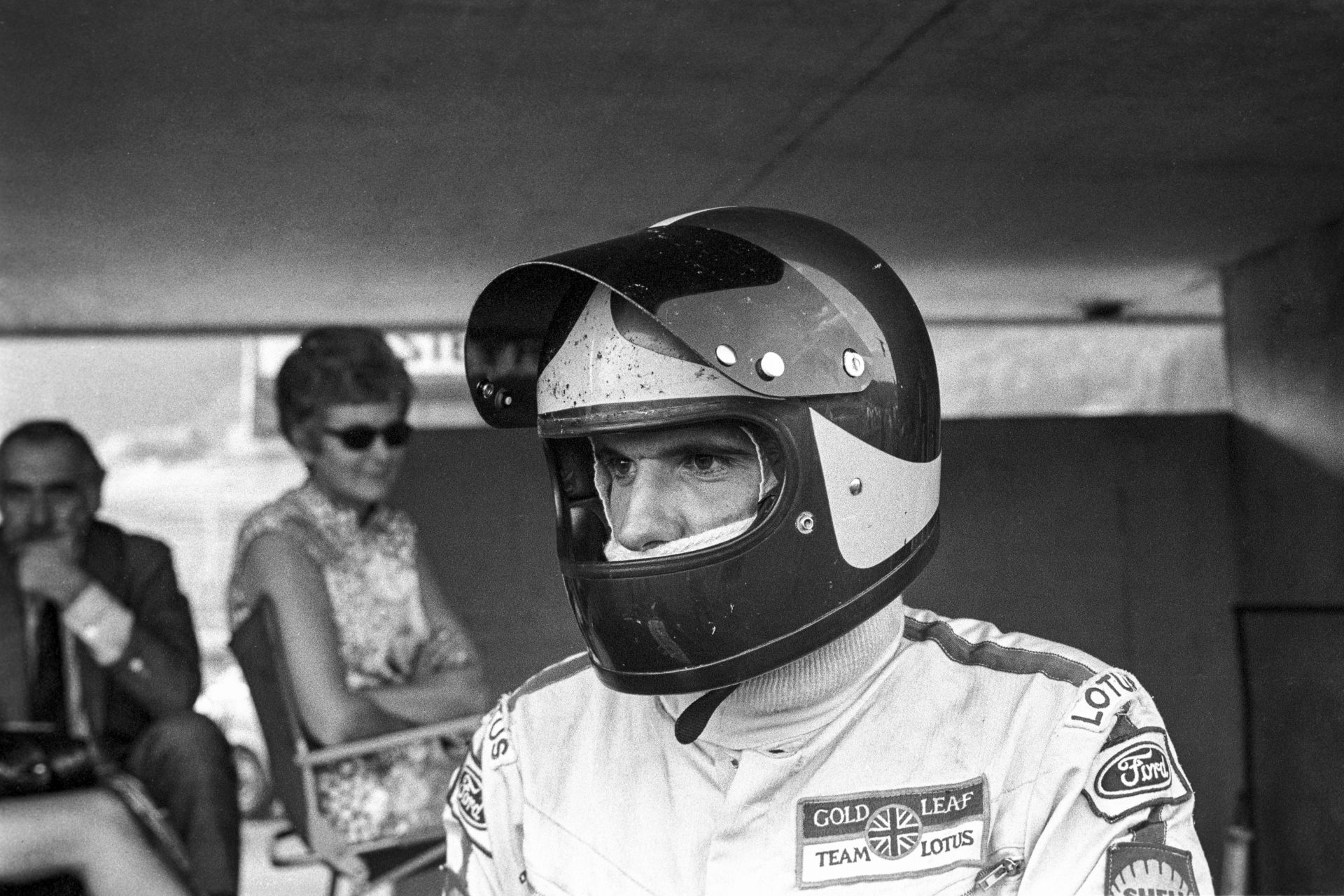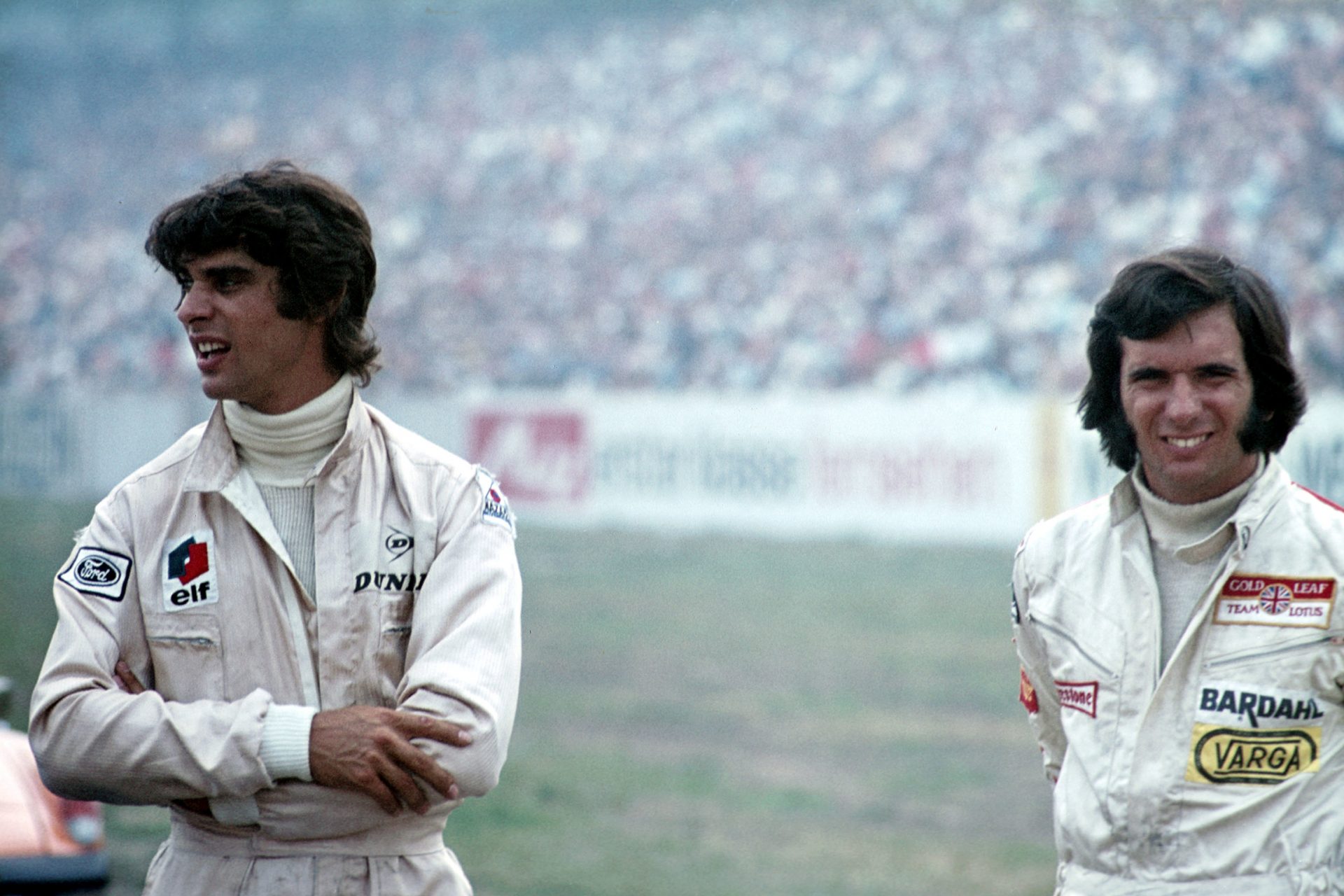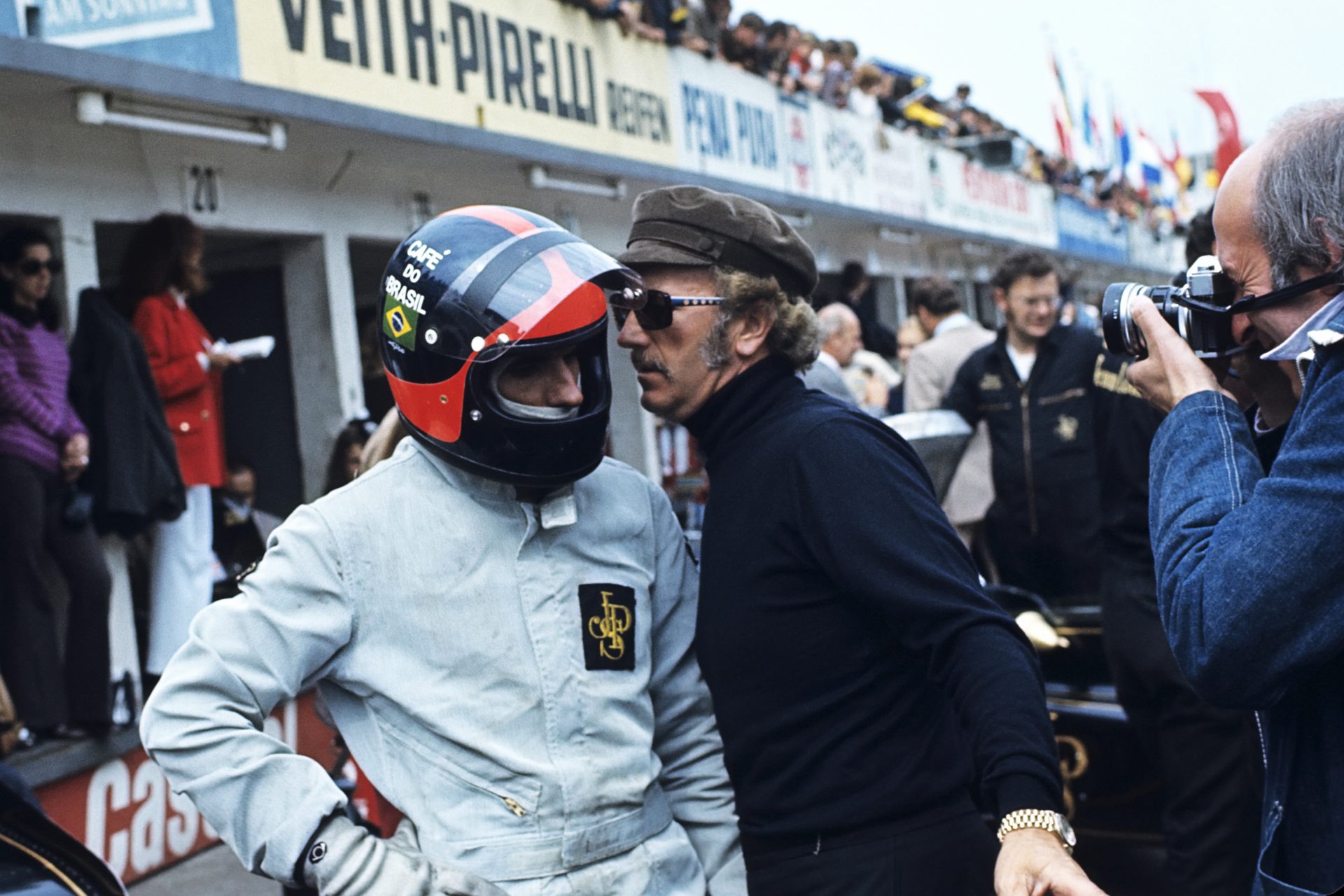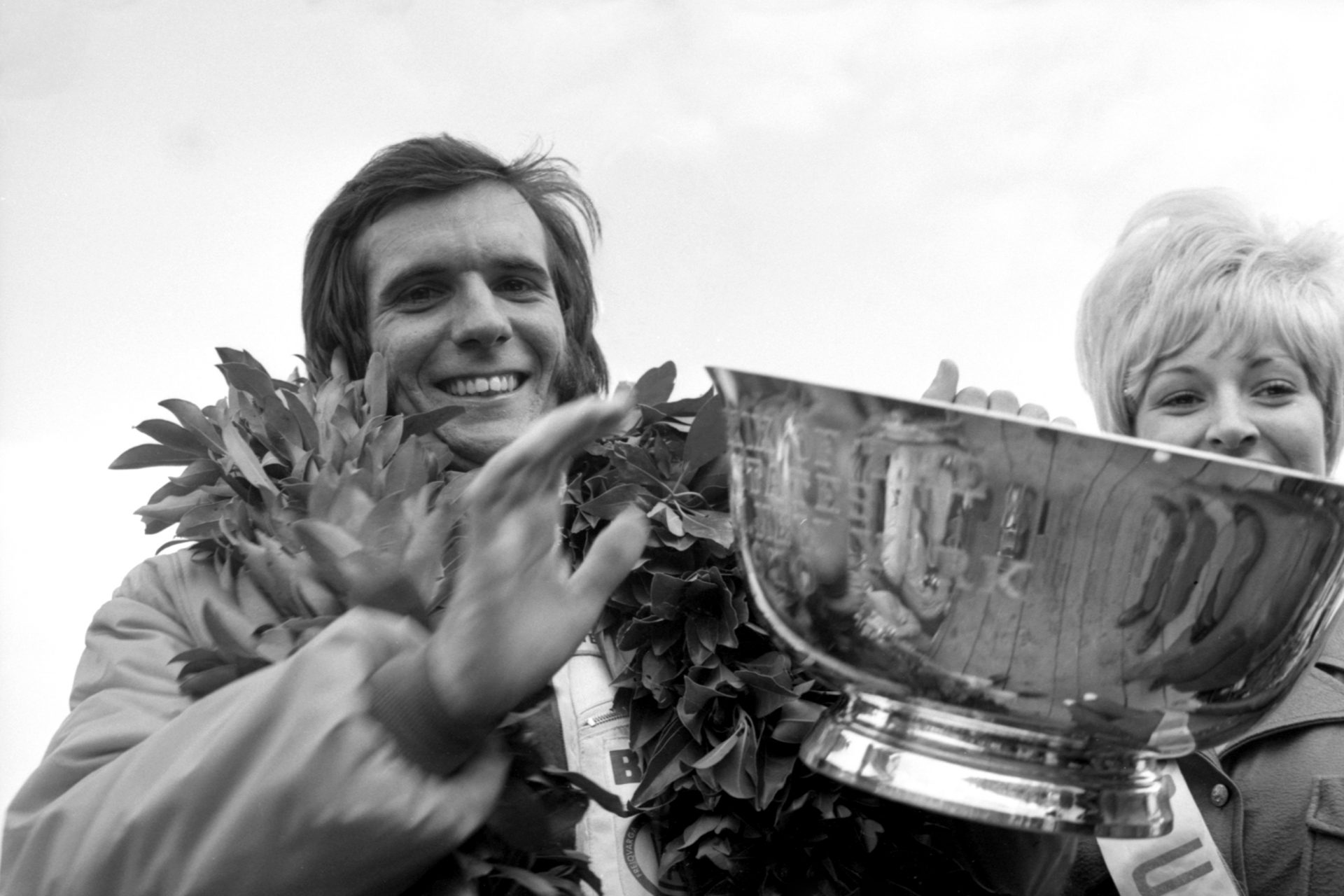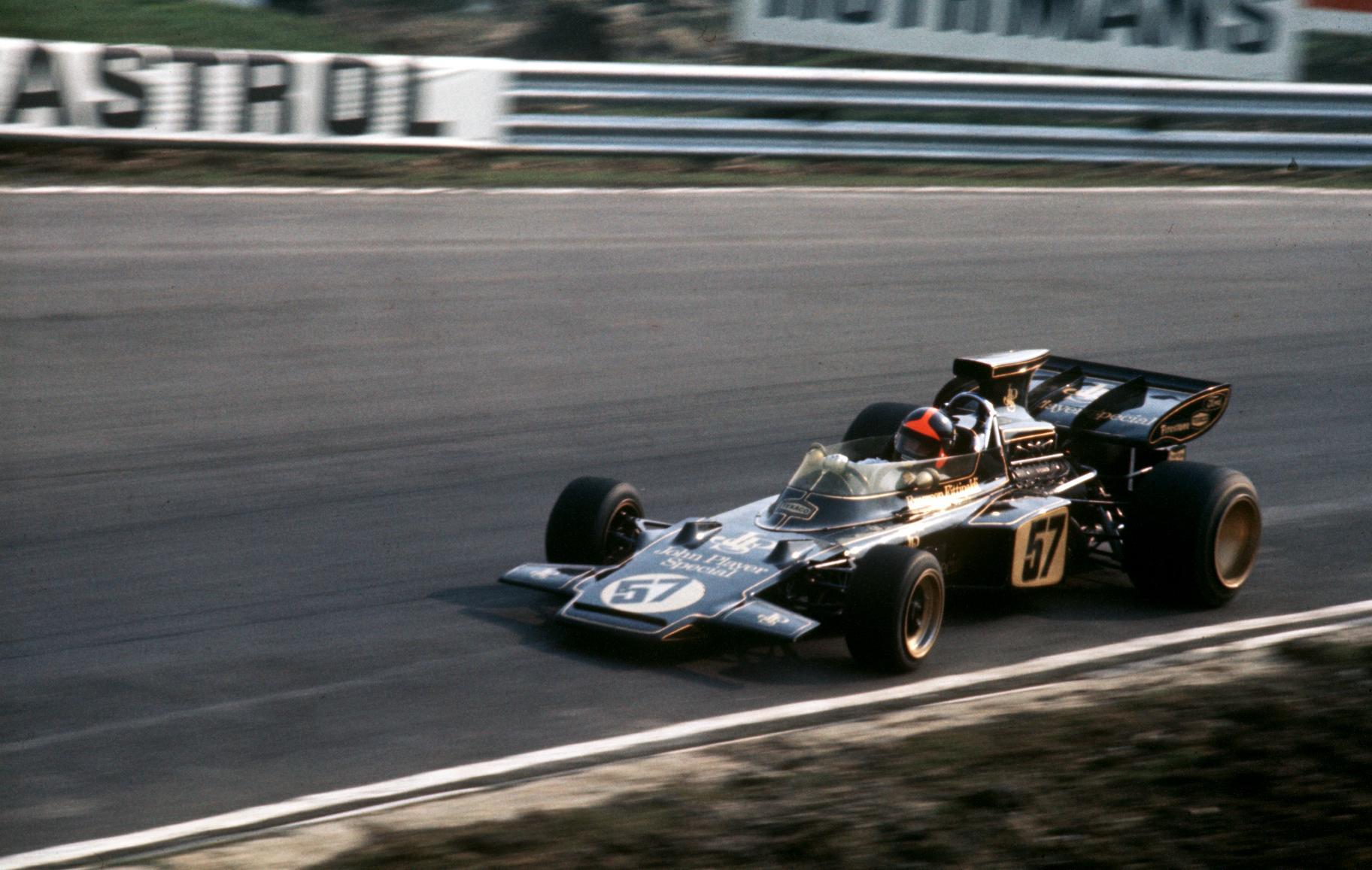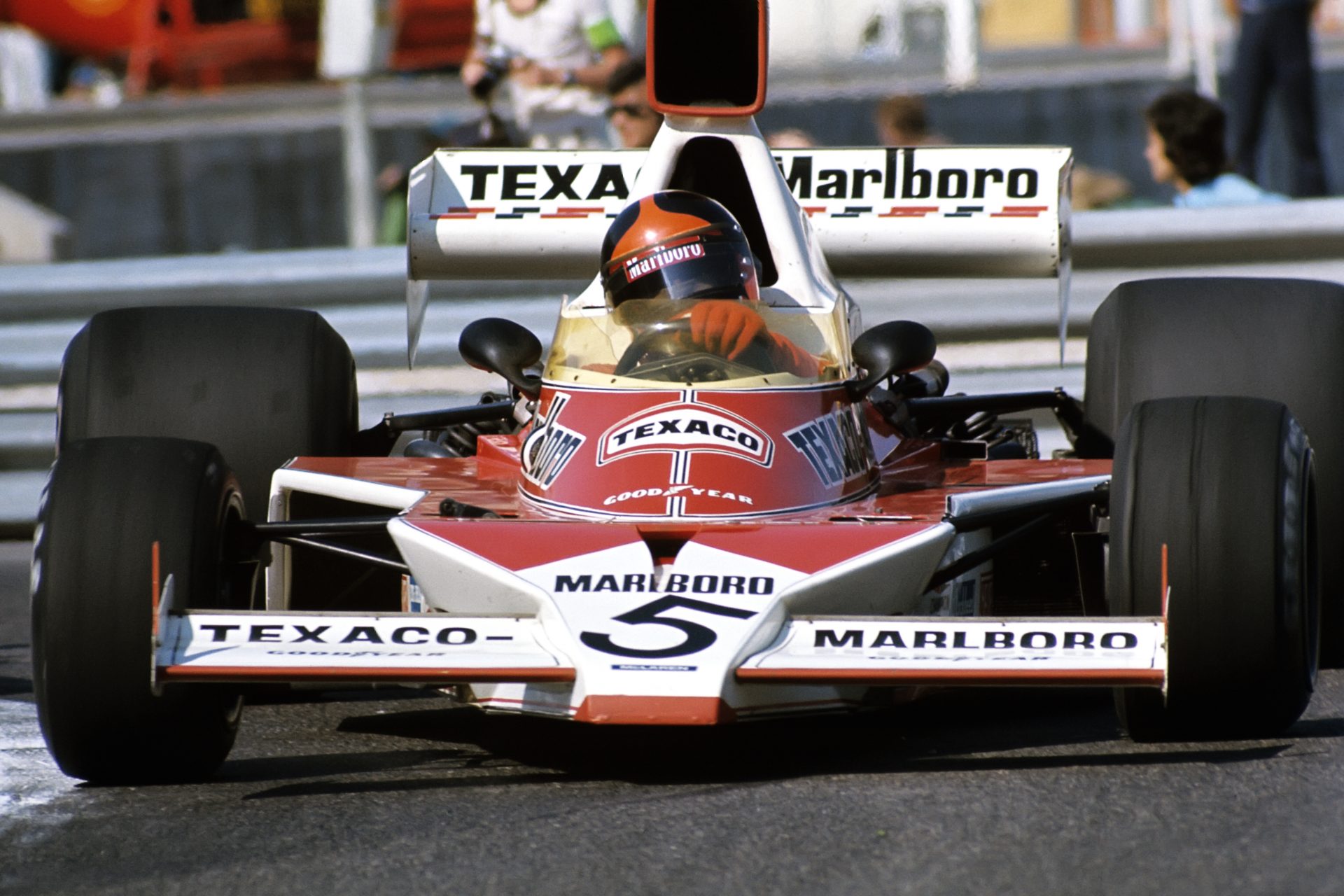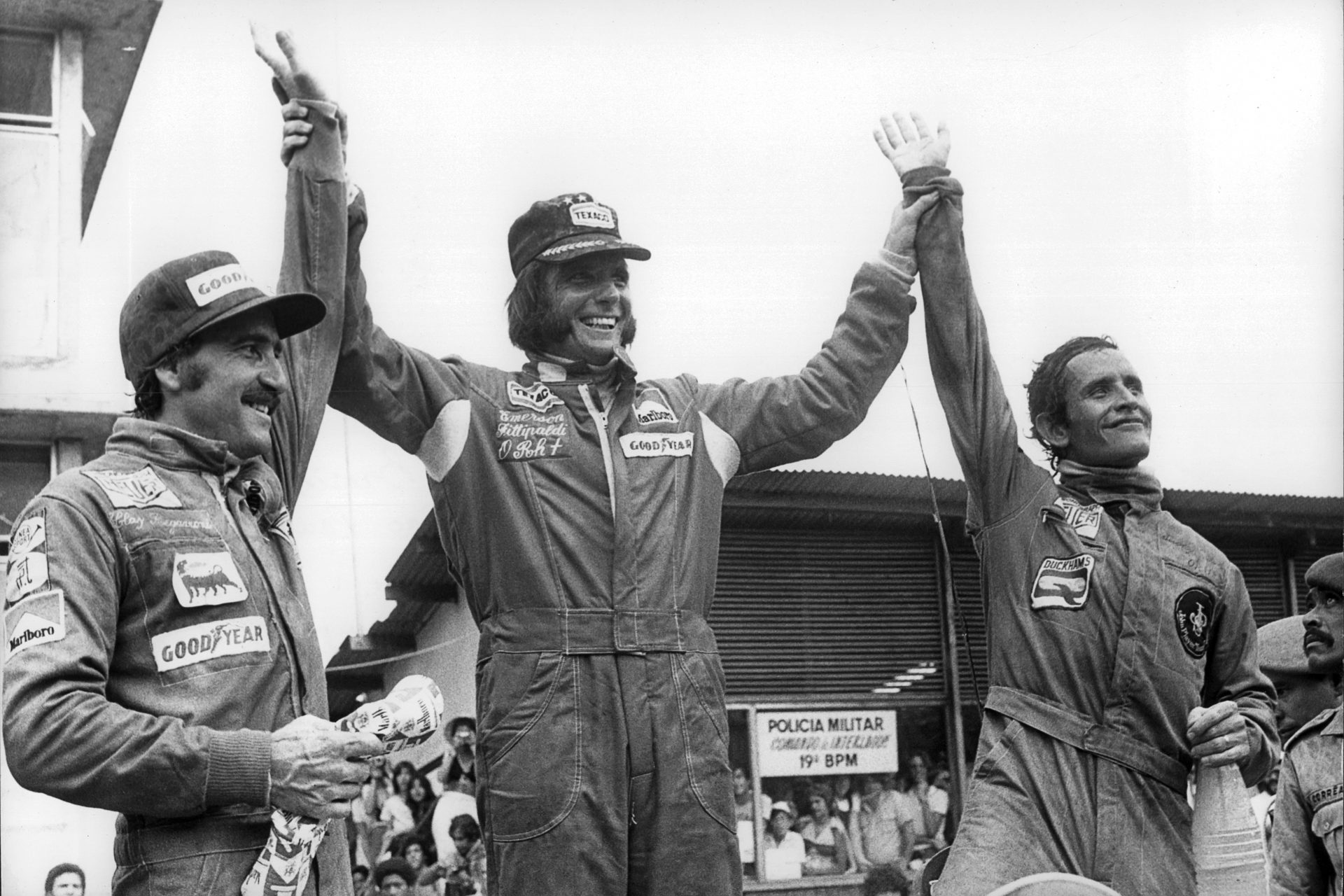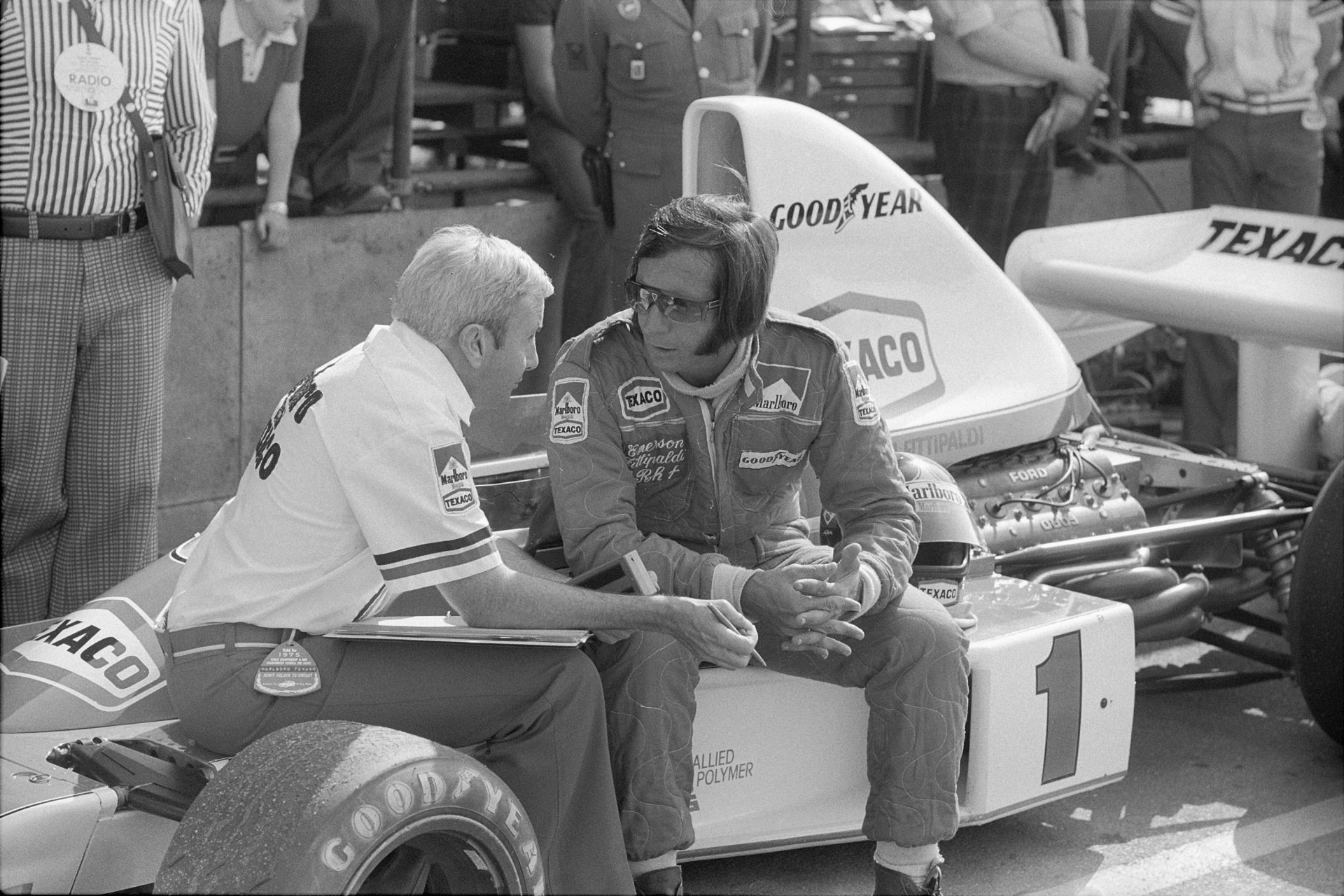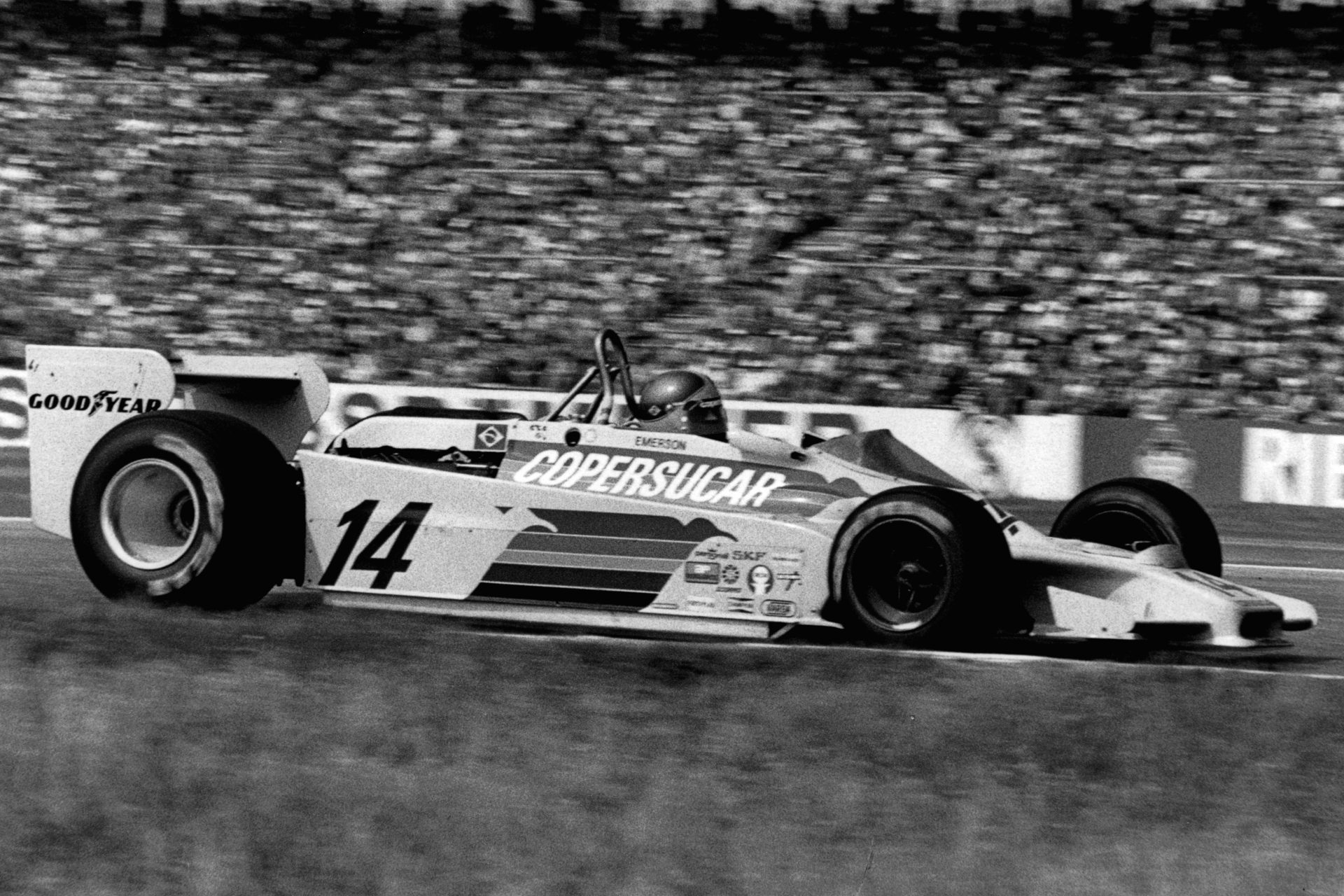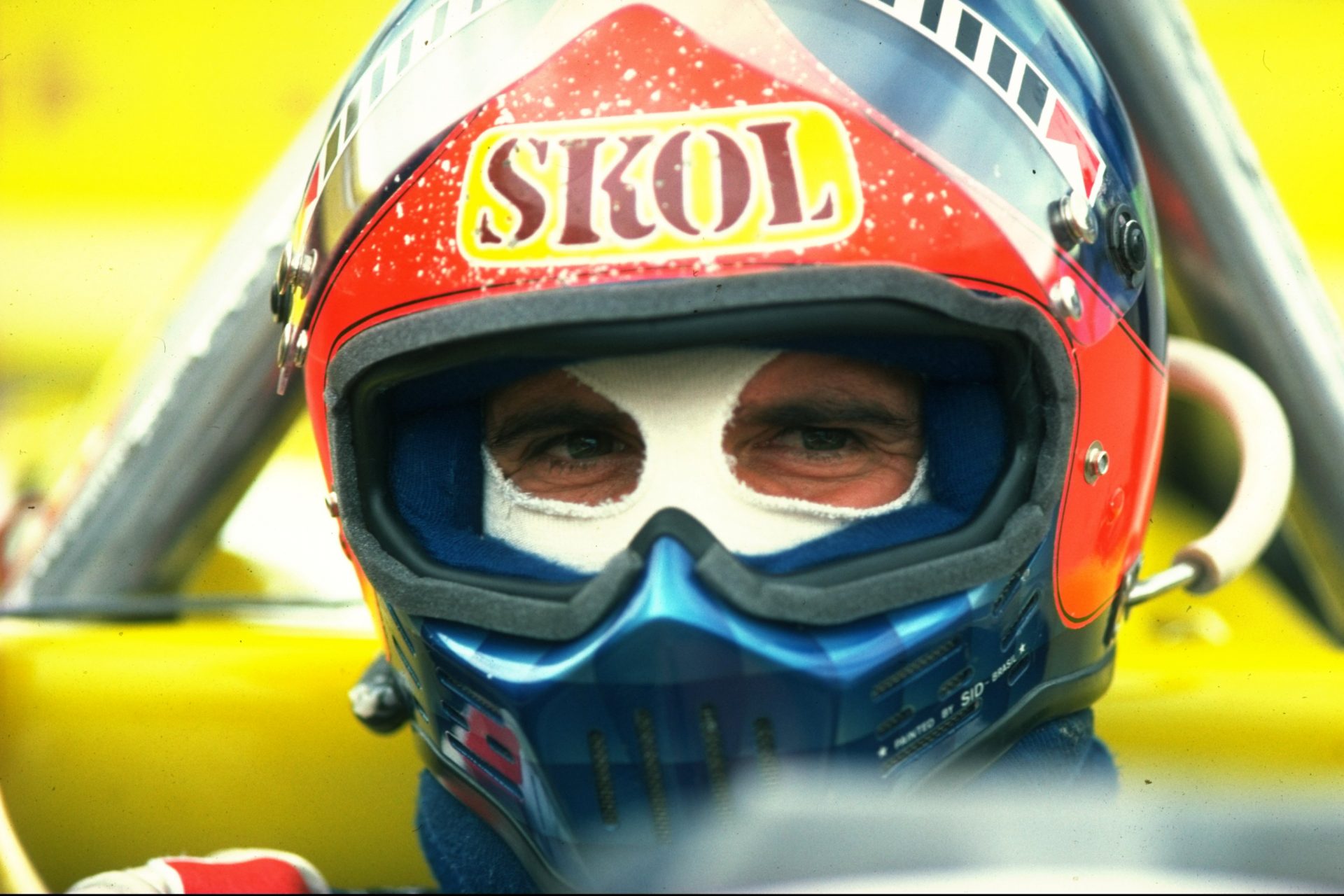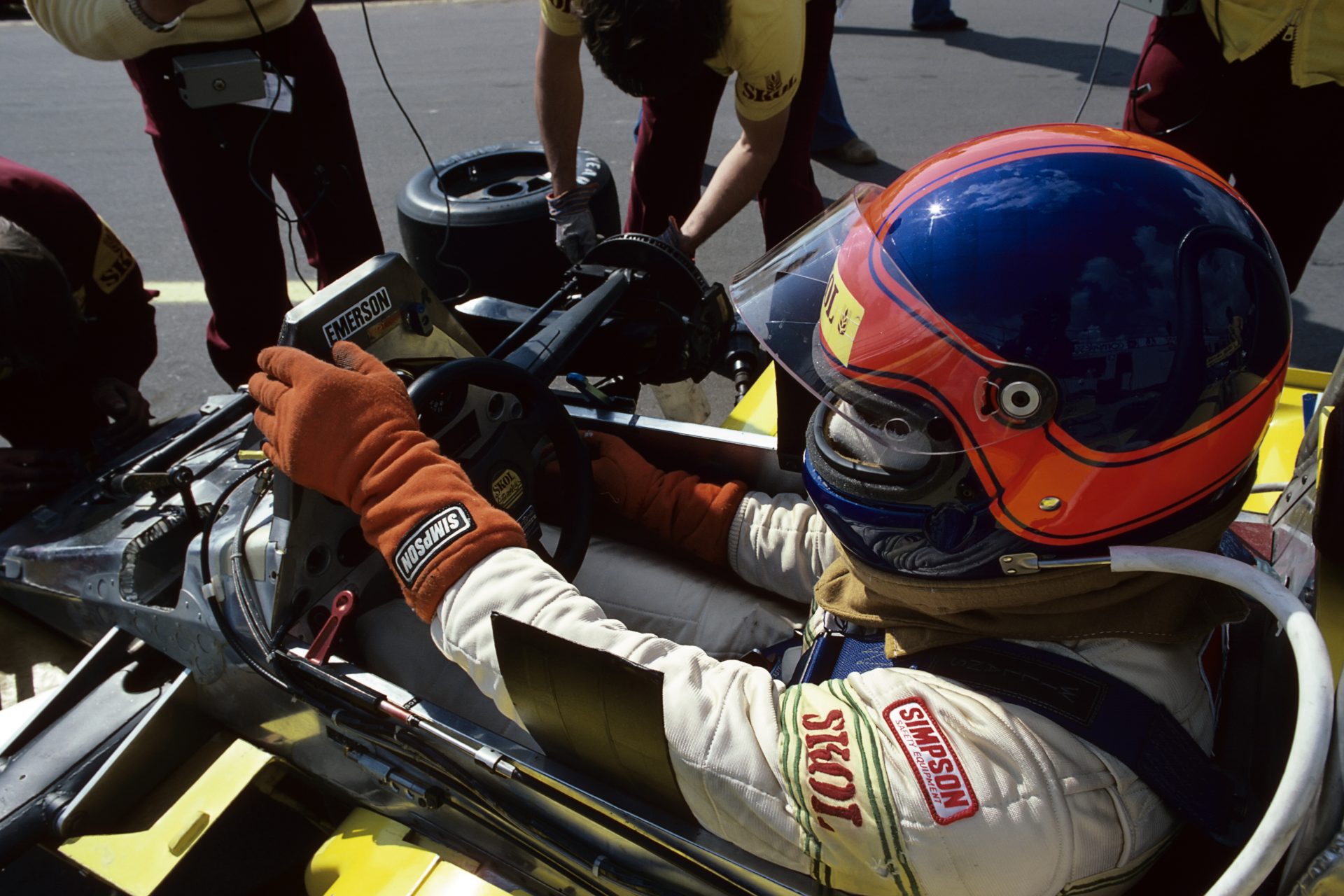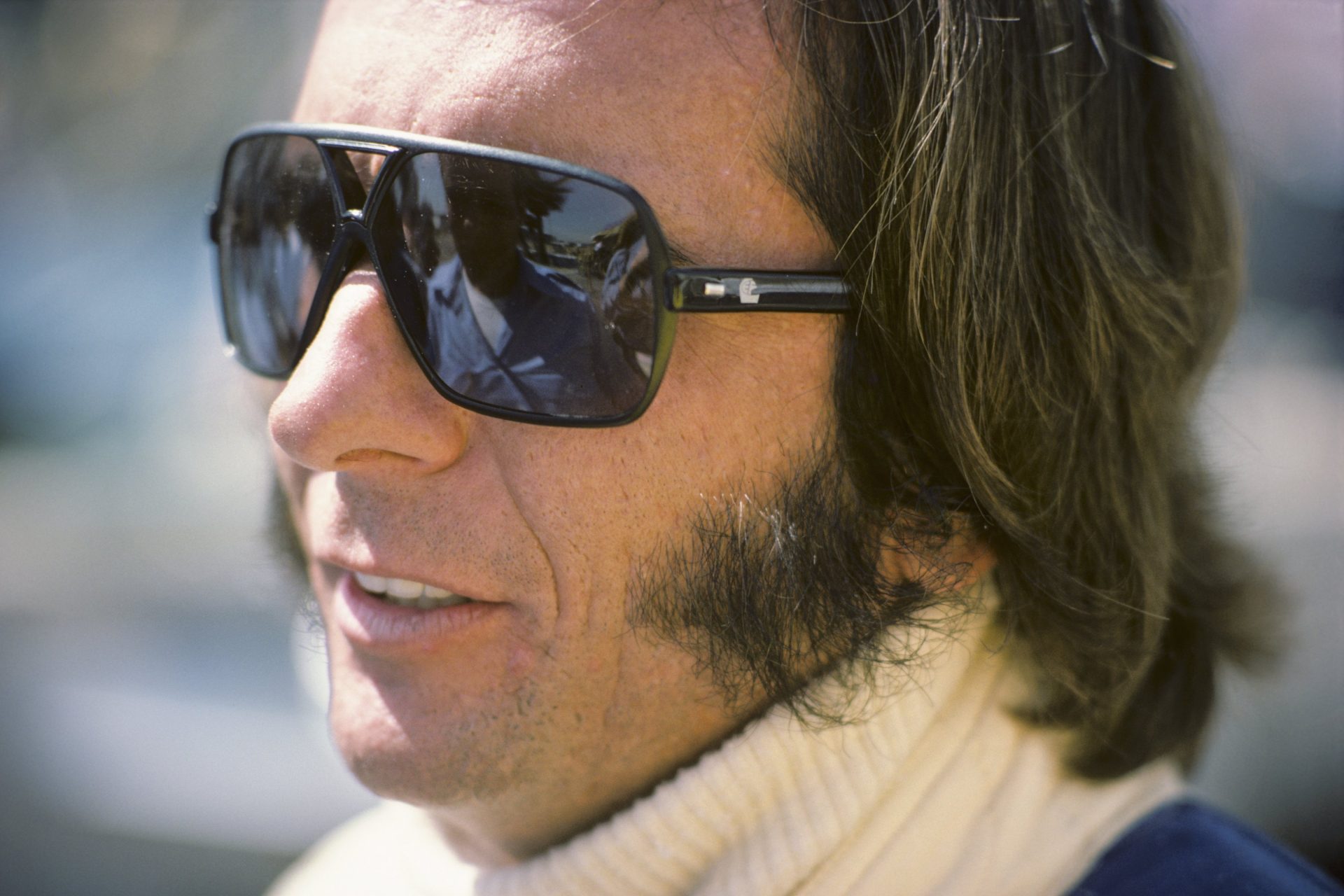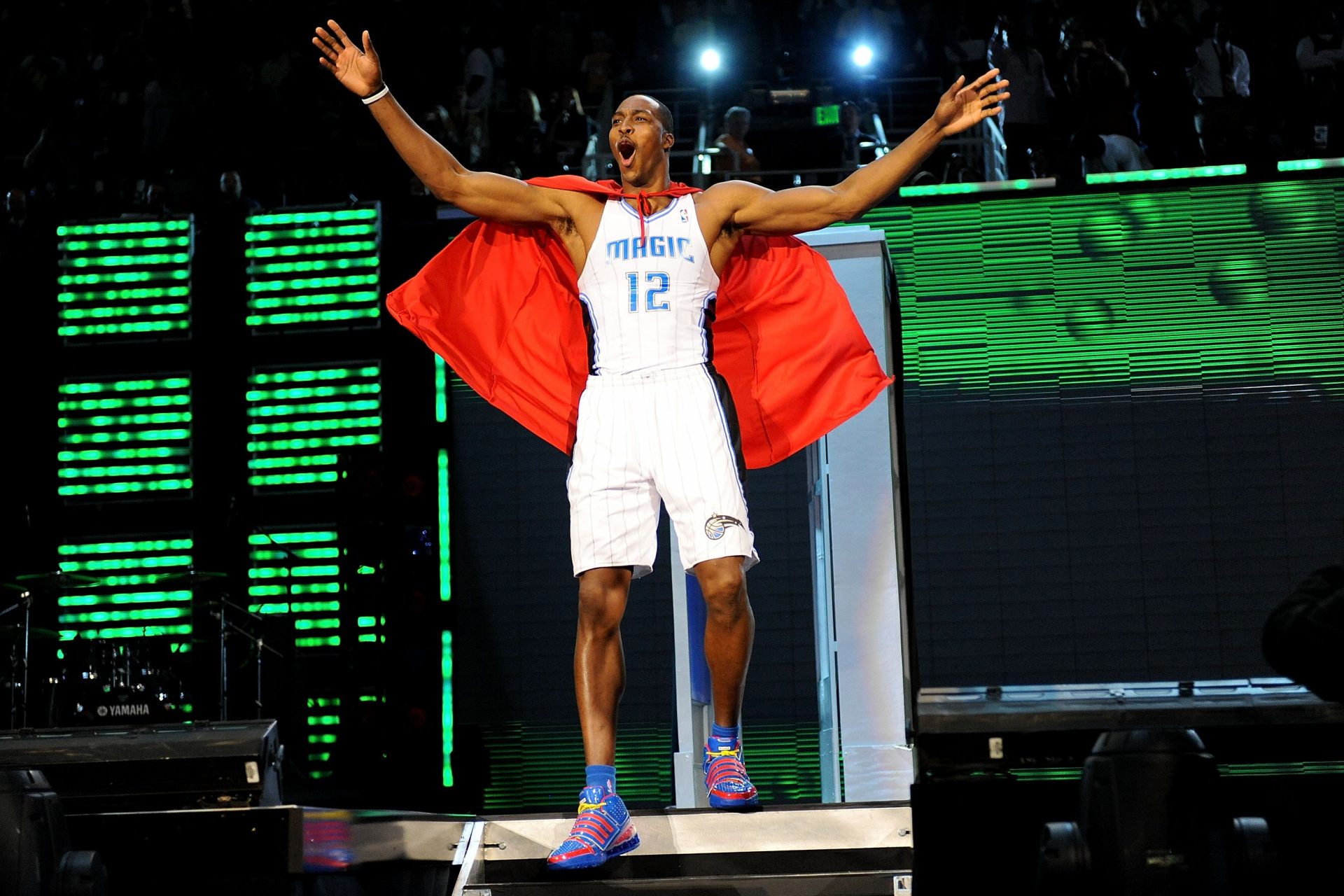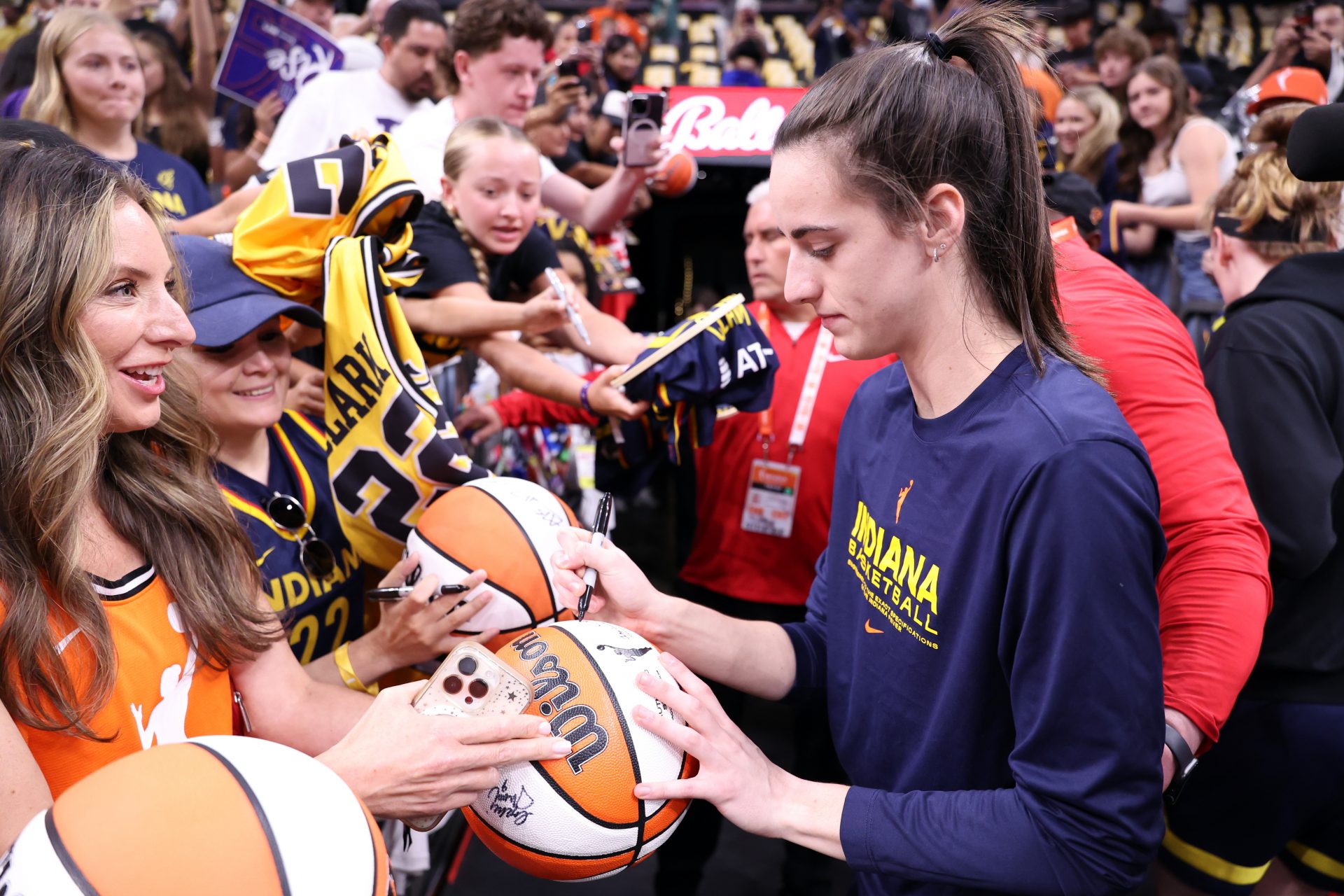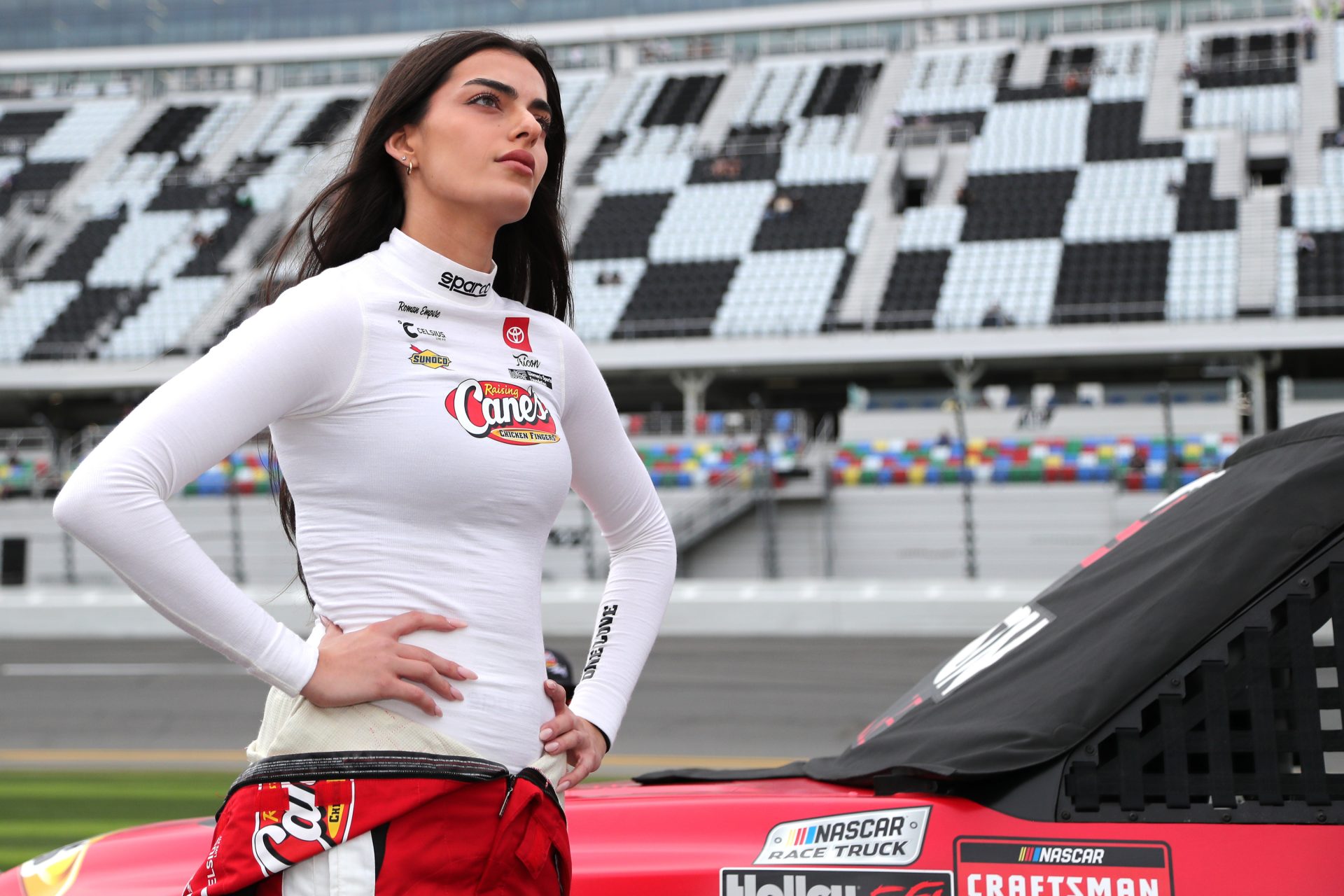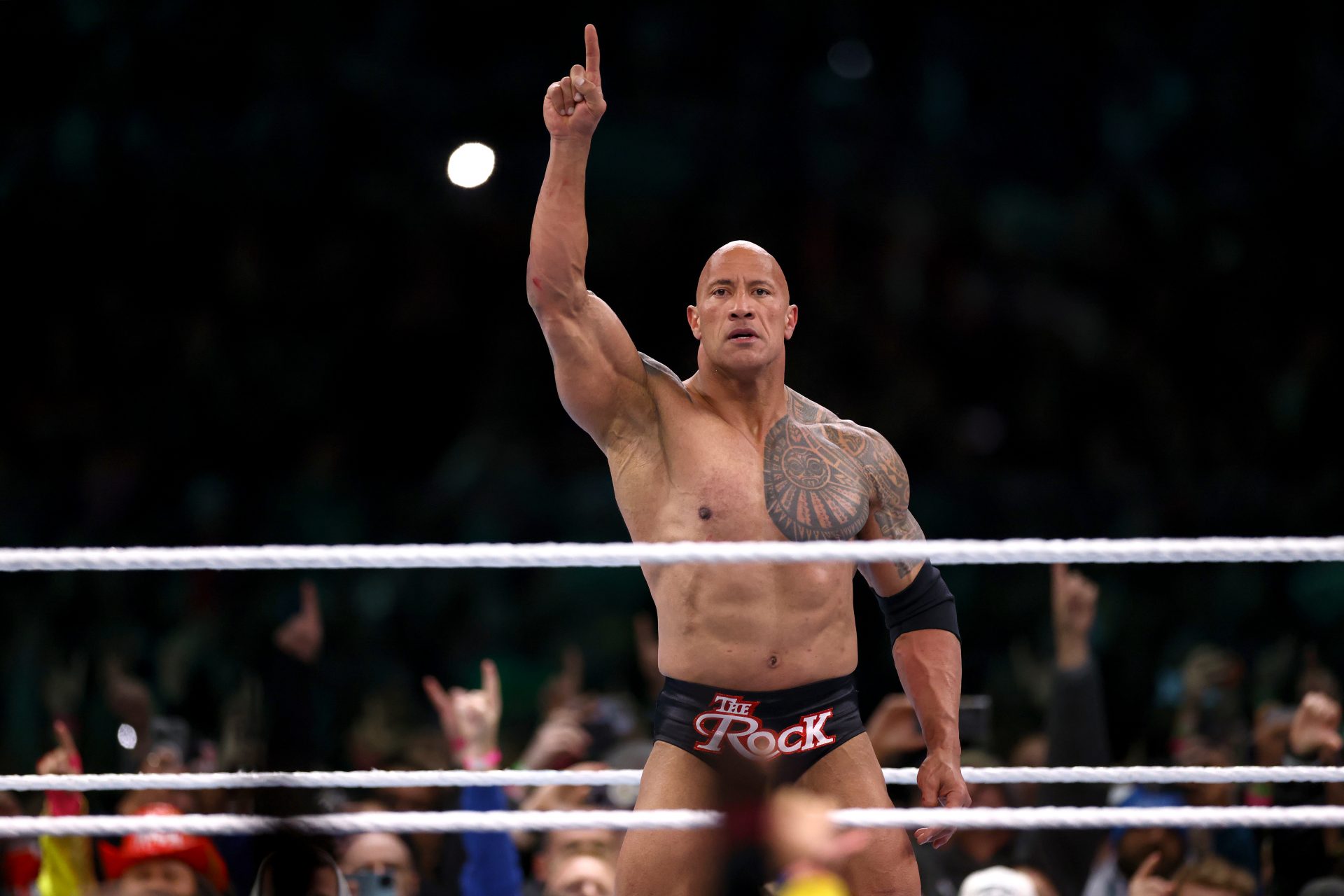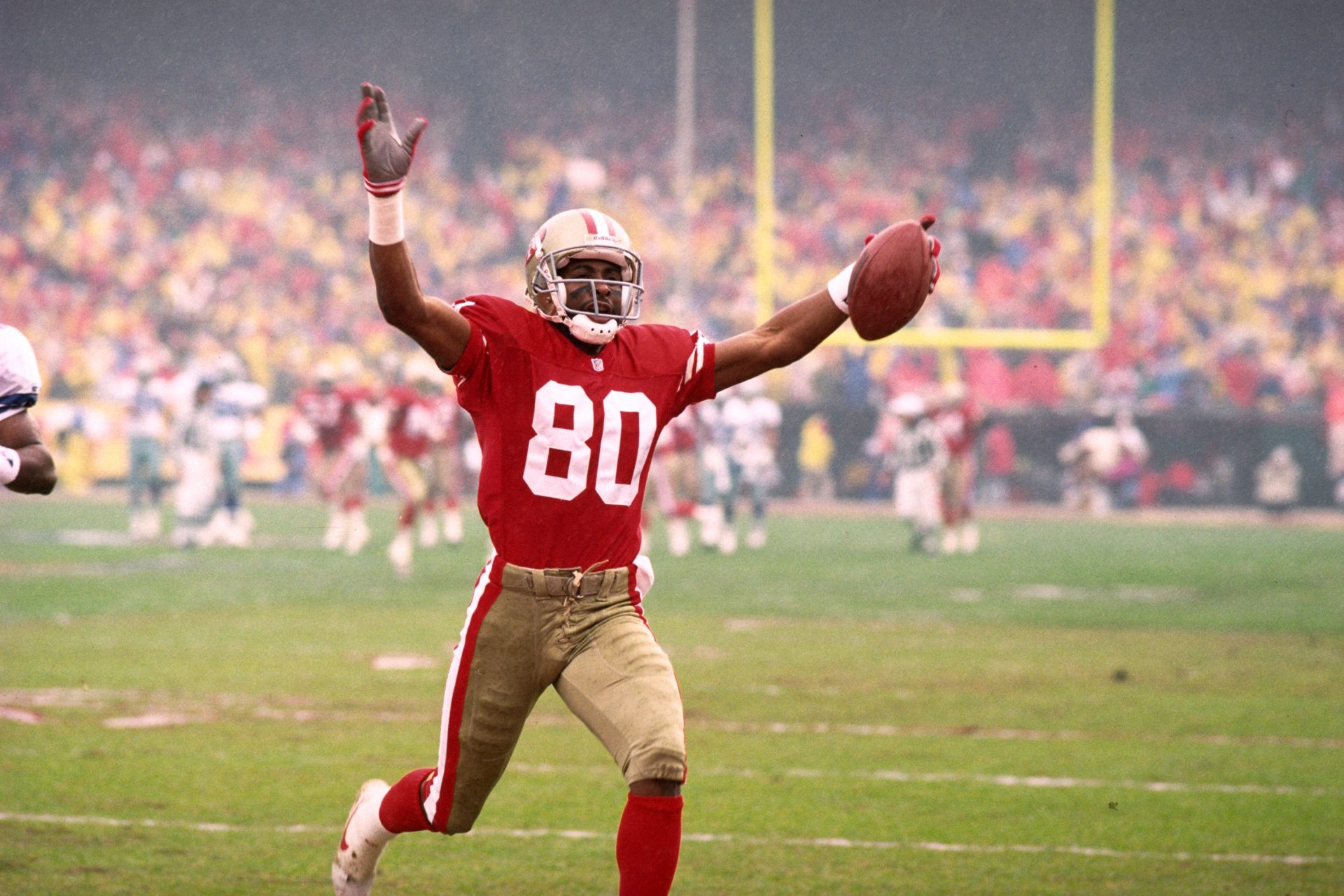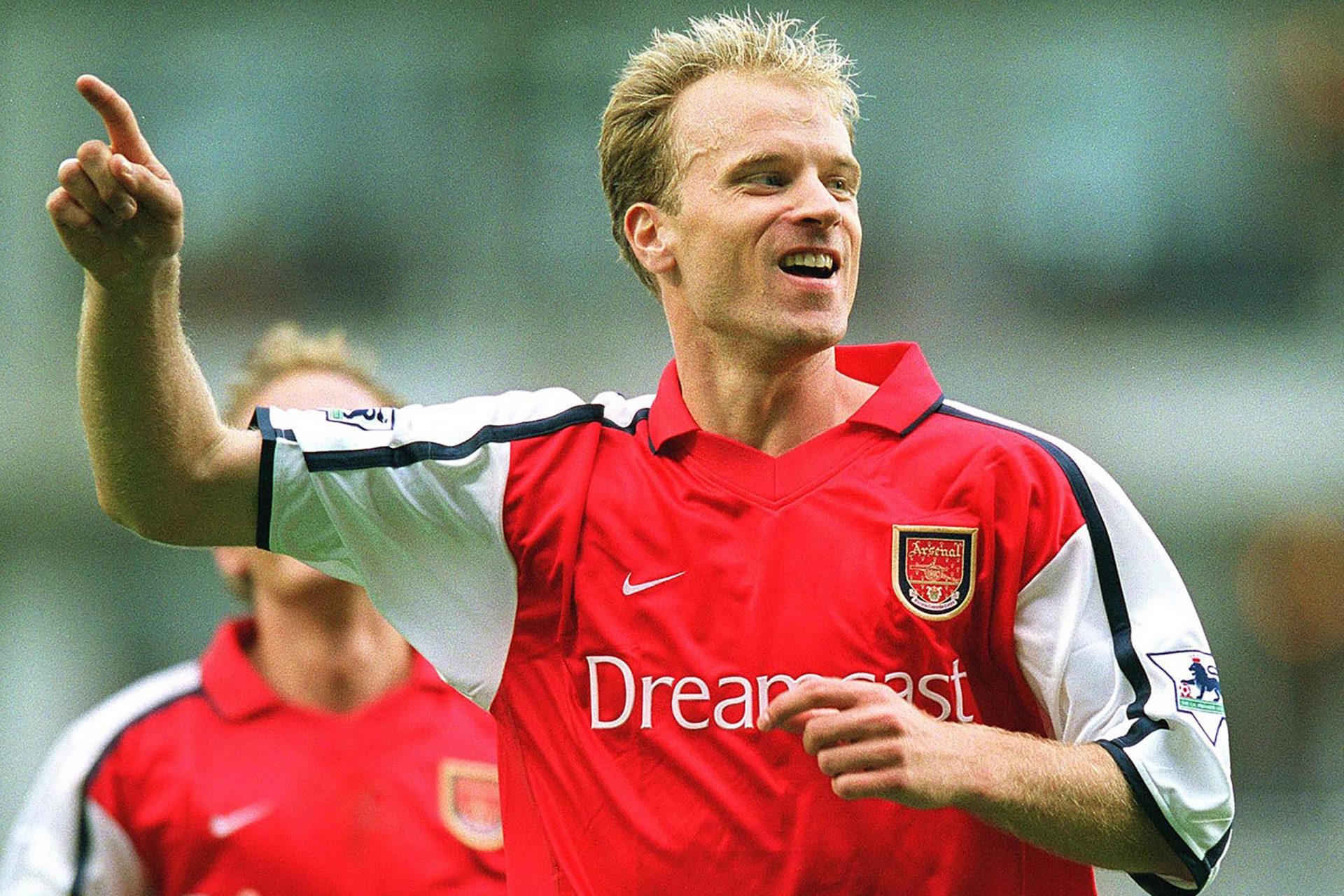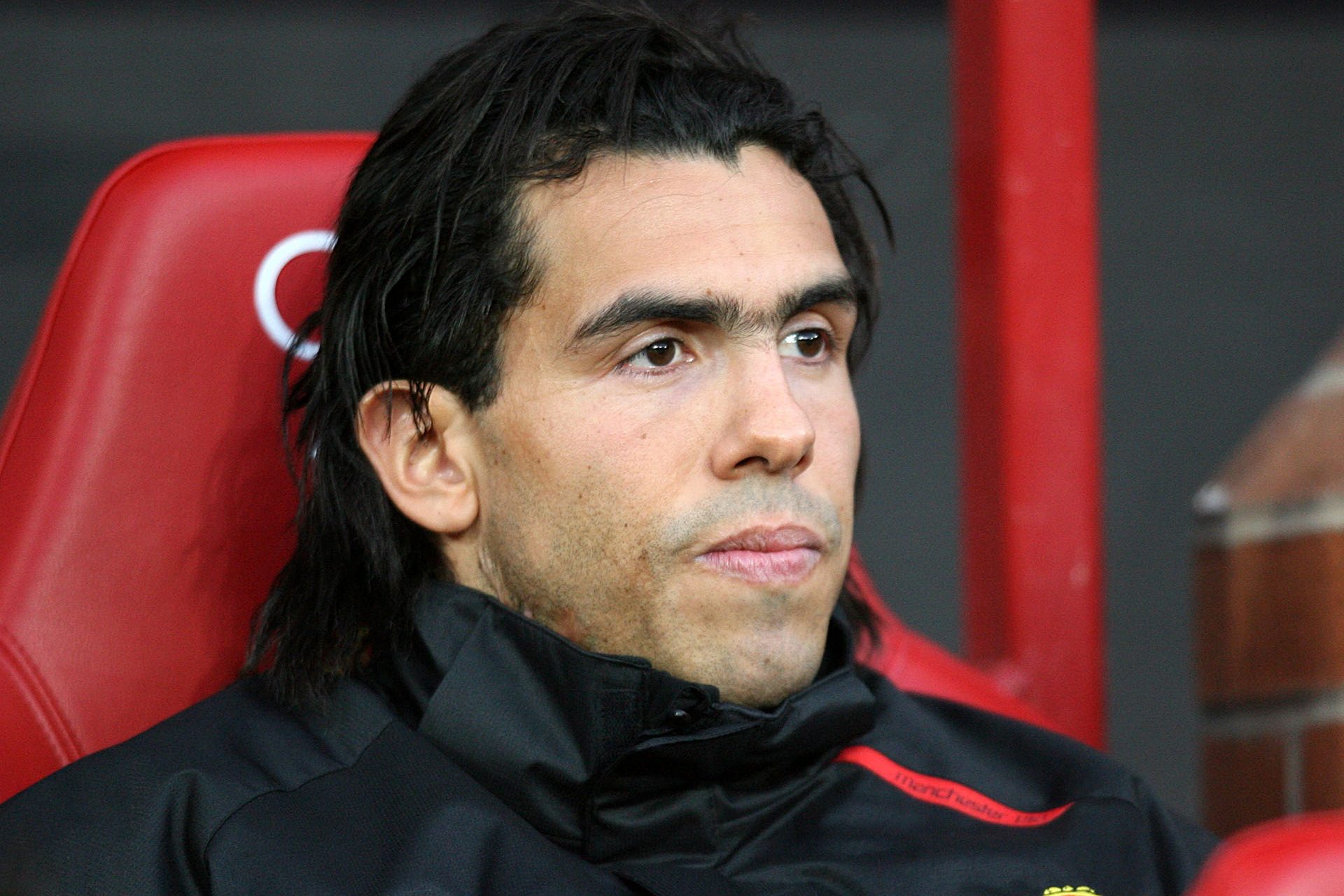What happened to Brazilian F1 legend Emerson Fittipaldi?
Emerson Fittipaldi is considered one of the greats of Formula 1, with the Brazilian winning two world championships and earning the respect of racing fans everywhere. However, one strange decision left the motor racing world wondering what Fittipaldi was thinking.
Fittpaldi was born in São Paulo, Brazil in 1946 and was instantly drawn to motor racing, alongside his brother, Wilson Jr, due to their father’s role as a motorsport journalist and radio commentator.
Per Gerald Donaldson, writing for the Formula 1 website, Emerson and Wilson Jr. were eager to race for themselves, something their father was unwilling to finance at such a young age.
Want to see more like this? Follow us here for daily sports news, profiles and analysis!
For the Fittipaldi brothers, their father’s reluctance did not matter, as they started their own automobile accessory business, which proved incredibly lucrative. Soon, Fittipaldi karts started to dominate the junior ranks of Brazilian racing, with Emerson proving the more talented driver.
Emerson proved his mettle with a Brazilian carting championship and another title in the Formula Vee single-seater competition, all of which came through self-funding.
With Emerson’s talent undeniable, and his desire to win insatiable, the junior champion left Brazil for new shores. He arrived in England, bought a Formula Ford, and began to win immediately. With his talent catching the attention of some of the biggest teams in the world of motorsport.
After dominating Formula 3, and showcasing his talent in Formula 2, Fittipaldi was signed to a long term contract with Lotus by then boss, Colin Chapman, per Motor Sport Magazine.
1970 saw the Brazilian racer make his first steps into Formula 1, with the Lotus team slowly bringing him along at the elite level. A fourth-place finish in his debut at the British Grand Prix soon opened the door for him to become the main driver following Jochen Rindt’s death and John Miles’ sudden retirement during the Italian Grand Prix.
The ill-fated Italian Grand Prix proved to be the making of Fittipaldi, despite the tragic circumstances. The next race weekend saw Emerson win the United States Grand Prix at Watkins Glen, providing a lift to the devastated Lotus team and showing that he was ready to compete in the big leagues.
1972 saw Emerson Fittipaldi win 5 of the 12 races that season and win the world championship. Aged just 25, he was the youngest to ever achieve such a feat, per the Formula 1 website.
Want to see more like this? Follow us here for daily sports news, profiles and analysis!
Despite a closely contested 1973 season that saw Fittipaldi finish second in the championship to Jackie Stewart, the Brazilian moved on from Lotus at the conclusion of the season. McLaren had made him an offer he couldn’t refuse heading into the 1974 season.
The decision proved correct for Emerson, as he won three races and consistently scored points en route to his second world championship. 1975 saw him again finish second in the championship, with Nikki Lauda dominating the field.
Despite his success with McLaren, at the end of the 1975 season, Fittipaldi made the shock decision to move on from the British team, deciding instead to race for a new team that he and his brother created, funded by Brazilian sugar manufacturer, Copersucar.
Despite the decision to move being fuelled by family loyalty, it’s hard not to imagine that Emerson Fittipaldi regretted his move almost immediately as the Copersucar funded car was “embarrassingly uncompetitive,” per Gerald Donaldson.
Despite persisting with their team, the Fittipaldi brothers didn’t see much improvement from 1975-1979. A change of team name to Fittipaldi Automotive in 1980 saw no change in fortunes, with Copersucar pulling their funding not long after.
1982 saw Fittipaldi Automotive fold as a team and Emerson return to his homeland, having seemingly retired from racing, to run the family business. Despite his talent and success in Formula 1, his decision to move away from the established giants of the sport cost him dearly.
It didn’t take long for Fittipaldi to return to the world of motor sport, entering the IndyCar Series in the US, where he won the 1989 championship and claimed two titles at the illustrious Indianapolis 500 race.
A heavy crash in 1996 saw the Brazilian suffer a broken neck, forcing him to retire aged 50. It’s hard not to think Fittipaldi could have gone on to be mentioned in the same breath as greats such as Senna and Lauda if he hadn’t chosen family over everything. Still, his impact on the sport, and Brazilian racing, can’t be understated.
Want to see more like this? Follow us here for daily sports news, profiles and analysis!
More for you
Top Stories




